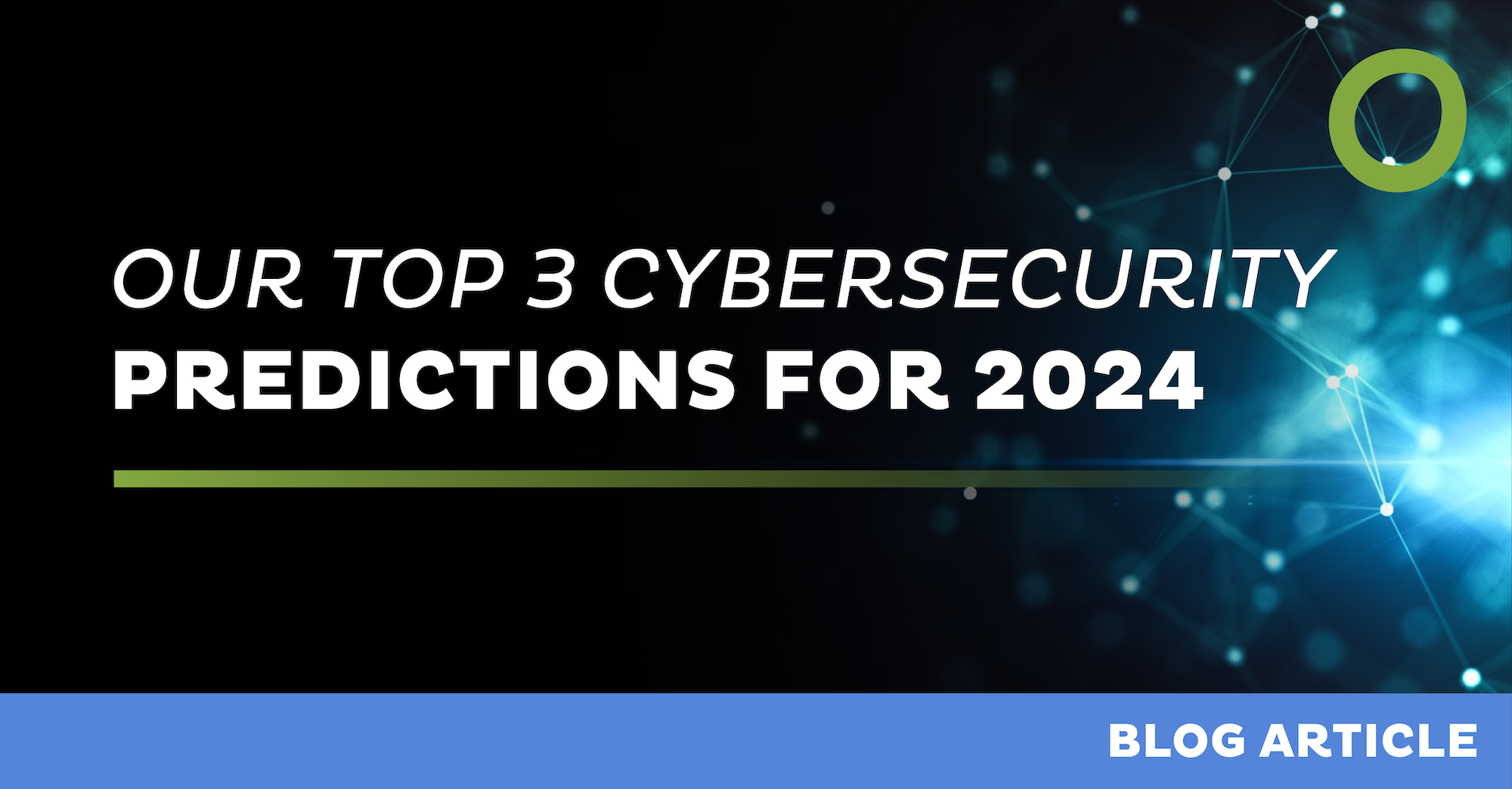Future-Proof Your Organization: Key Cybersecurity Predictions You Need to Know
As services confront the increasing pace of electronic change, recognizing the developing landscape of cybersecurity is crucial for lasting resilience. Forecasts suggest a considerable uptick in AI-driven cyber hazards, together with enhanced regulative analysis and the vital change towards Absolutely no Depend on Style.
Rise of AI-Driven Cyber Dangers

Among one of the most concerning developments is using AI in producing deepfakes and phishing plans that are remarkably convincing. Cybercriminals can fabricate audio and video web content, impersonating executives or trusted people, to adjust targets right into disclosing delicate information or licensing deceitful deals. In addition, AI-driven malware can adjust in real-time to escape discovery by typical safety procedures.
Organizations have to identify the immediate requirement to boost their cybersecurity frameworks to fight these developing risks. This includes investing in sophisticated hazard discovery systems, promoting a society of cybersecurity understanding, and executing robust incident feedback strategies. As the landscape of cyber dangers transforms, proactive measures come to be important for safeguarding delicate information and preserving company integrity in an increasingly electronic world.
Enhanced Focus on Data Privacy
Just how can organizations properly navigate the expanding emphasis on data personal privacy in today's digital landscape? As regulative frameworks progress and customer expectations increase, organizations should focus on robust data personal privacy strategies.
Purchasing employee training is critical, as staff understanding straight impacts data defense. Organizations should promote a society of personal privacy, encouraging staff members to understand the significance of safeguarding sensitive info. In addition, leveraging technology to improve information protection is important. Carrying out innovative security approaches and secure data storage options can considerably alleviate threats linked with unauthorized gain access to.
Cooperation with lawful and IT groups is essential to straighten information personal privacy campaigns with business objectives. Organizations should likewise engage with stakeholders, including customers, to communicate their dedication to information personal privacy transparently. By proactively attending to information personal privacy worries, services can develop depend on and improve their credibility, ultimately adding to lasting success in a significantly looked at electronic atmosphere.
The Shift to No Depend On Architecture
In reaction to the developing threat landscape, companies are progressively adopting Absolutely no Depend on Design (ZTA) as a fundamental cybersecurity method. This method is based on the concept of "never depend on, always verify," which mandates continual confirmation of individual identities, tools, and information, regardless of their area within or outside the network boundary.
Transitioning to ZTA involves applying identity and gain access to monitoring (IAM) options, micro-segmentation, and least-privilege access controls. By granularly managing click reference accessibility to resources, companies can reduce the threat of insider hazards and lessen the impact of outside breaches. ZTA incorporates robust surveillance and analytics capabilities, enabling companies to spot and react to anomalies in real-time.

The change to ZTA is additionally sustained by the boosting adoption of cloud solutions and remote work, which have actually increased the assault surface area (cyber attacks). Conventional perimeter-based protection designs are inadequate in this new landscape, making ZTA an extra check my reference resilient and adaptive structure
As cyber threats remain to grow in refinement, the fostering of Zero Count on principles will be essential for companies seeking to secure their assets and keep regulative conformity while ensuring service continuity in an unclear atmosphere.
Regulative Changes on the Horizon

Forthcoming guidelines are anticipated to address a variety of issues, including information privacy, violation notice, and case feedback procedures. The General Information Security Regulation (GDPR) in Europe has established a precedent, and comparable structures are emerging in other areas, such as the United States with the recommended government privacy legislations. These guidelines commonly enforce rigorous fines for non-compliance, highlighting the need for companies to prioritize their cybersecurity measures.
Furthermore, industries such as finance, health care, and important facilities are most likely to encounter extra stringent needs, mirroring the delicate nature of the information they deal with. Conformity will certainly not simply be a lawful commitment but a vital part of structure trust fund with customers and stakeholders. Organizations needs to remain ahead of these changes, integrating governing needs into their cybersecurity approaches to make certain strength and safeguard their properties successfully.
Value of Cybersecurity Training
Why is cybersecurity training an important element of an organization's protection technique? In an age where cyber dangers are progressively sophisticated, organizations have to identify that their staff members are usually the very first line of protection. Efficient cybersecurity training equips personnel with the understanding to identify potential hazards, such as phishing assaults, malware, and social design techniques.
By promoting a society of safety understanding, organizations can considerably reduce the threat of human mistake, which is a leading cause of data violations. Normal training sessions ensure that workers stay informed concerning the most recent dangers and best techniques, consequently improving their capacity to respond appropriately to incidents.
Additionally, cybersecurity training advertises compliance with governing needs, lowering the danger of legal consequences and economic fines. It additionally encourages staff members to take possession of their duty in the organization's protection framework, bring about a proactive instead than reactive strategy to cybersecurity.
Conclusion
In final thought, the progressing landscape of cybersecurity demands proactive steps to address straight from the source emerging hazards. The surge of AI-driven strikes, combined with increased data privacy worries and the transition to Absolutely no Depend on Design, necessitates a comprehensive approach to protection.